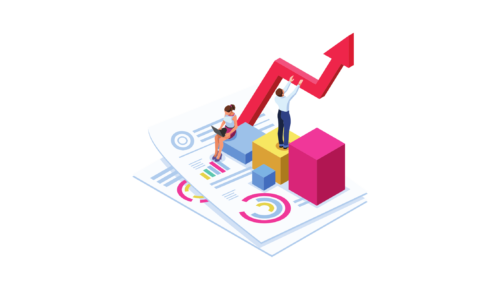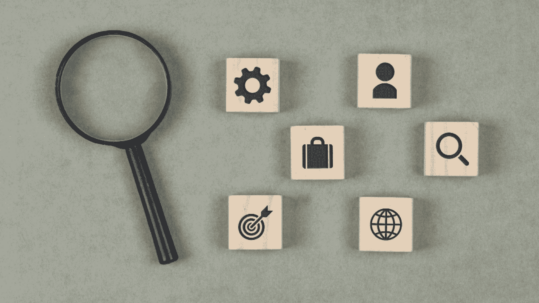
Workforce planning has become one of the biggest challenges for businesses today. It has become more vital than ever because of the highly competitive job market and changing demands of employees. So, what is workforce planning?
Workforce planning is analyzing the workforce and determining future needs and gaps in the workforce skills to ensure the organization has the right people in the right place at the right time.
Workforce planning is highly crucial for an organization to run efficiently. But, how do you create a plan that works effectively, how do you analyze the current workforce? Is it just enough to analyze your workforce to create a great strategy that gives your business the cutting edge? Consequently, the topic leads to many questions. The core step in workforce planning is learning and analyzing the business both inside and outside. This process of understanding what’s happening in the business world leads to a hot topic in recent days known as Talent Intelligence.
This article covers what talent intelligence is and how it improves HR workforce planning and recruitment.
What is Talent Intelligence?
Talent intelligence is the process by which a company collects and analyzes its competitors’ talent pool, skills, work culture, functions, etc., and uses it to gain a competitive advantage.
The word “talent intelligence” resembles “business intelligence,” which means gathering extensive data to predict future business outcomes and create a business strategy. It helps businesses make the right decisions at the right time. In the same way, talent intelligence collects massive amounts of data related to competitors, analyzes it, and helps you build excellent workforce planning.
Now, let’s see how talent intelligence leads to better workforce planning.

How to leverage talent intelligence to improve workforce planning?
According to Gartner, 48% of employees will work remotely post-pandemic, compared to 30% before COVID-19. Thus, there is a drastic change in the work culture. Hence, it is essential to ensure if you’re ready to meet the changing demands of employees. Moreover, one of the critical challenges in recruiting is a lack of skills. Finding potential candidates with appropriate skills has become harder for recruiters. Even if they find, such top talent is only available in the market for 10 days. Companies with the right recruiting strategies are attracting the top candidates already.
Workforce diversity is the other critical factor that influences workforce planning. And this is next to impossible to achieve without the support of talent intelligence. Okay, let’s quickly get into understanding how to improve workforce planning using talent intelligence.
How does talent intelligence help you acquire top talent?
Talent intelligence takes the stress out of the recruitment process. Thanks to technology, it has made the hiring process the utmost fast and easy. Talent intelligence helps organizations to analyze what and who they need for the next role. It allows recruiters to learn how their competitors attract and retain their employees. Thus, companies can deeply understand their requirements of the present role and future positions, skill gap, accurate compensations, differences in work culture, and how to effectively attract top talent.
Furthermore, talent intelligence can help recruiters analyze their competitors and build strategies to keep their employees happy, fill the skills gaps and improve workforce productivity. Talent retention is as important as talent acquisition in workforce planning, and talent intelligence plays a key role in both these vital parts of a business.
How does talent intelligence help you in building a diverse workforce?
Diversity in the workforce has become crucial in recent years. Diverse companies are 35% likely to perform better. A survey shows that 57% of employees want to see their company increase diversity. However, an unconscious recruitment bias happens most often in many companies. Unintentionally, most recruiters make a decision based on gender and other characteristics.
Talent intelligence disables bias from the recruiting process and from your organization. When you use software to do the screening job for you, biased decisions are less likely to occur. A talent intelligence software matches compatible profiles with the job posts even if their job title or background don’t match. Thus, it helps you fill the positions with highly qualified people from different backgrounds.
Proper HR workforce planning helps organizations find the best talents and ensure greater diversity in the workplace.
Bottom Line
Talent intelligence is all about gathering data regarding the job market, competitors’ workforce and analyzing it to create good workforce planning for your organization. It helps you turn your talent into your competitive advantage giving you great insights and proper strategies. It is vital to have enhanced workforce planning in your organization to survive and thrive in these changing times.
If you’re wondering if talent intelligence goes out of your budget and you are not using any workforce management tool, try Vultus. It comes with an ATS to make your recruitment process most effective and unbiased and workforce management most simple.
To receive and stay updated about related content:





